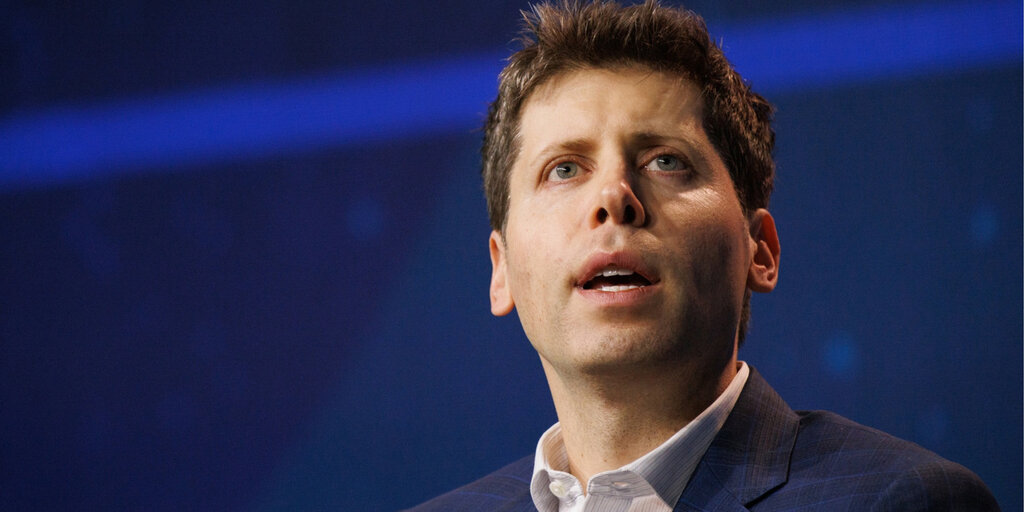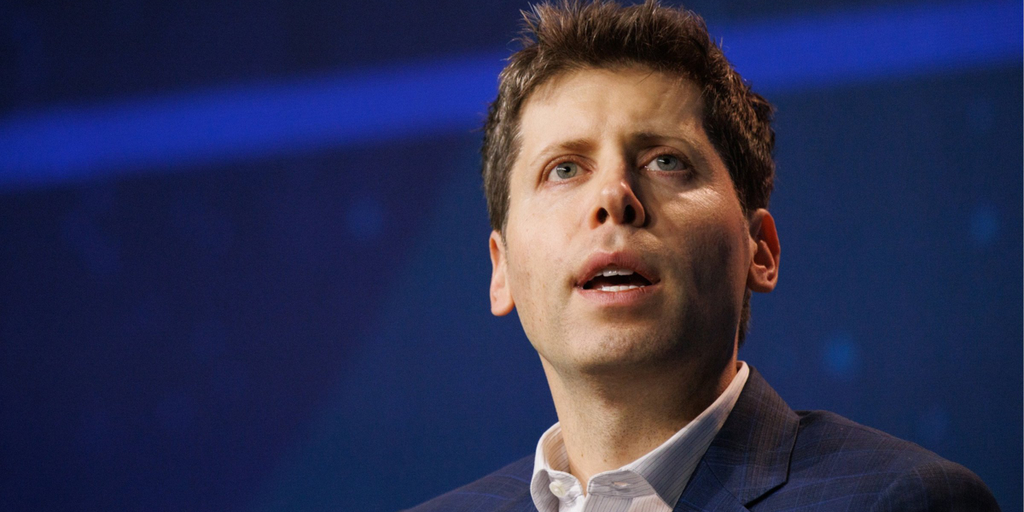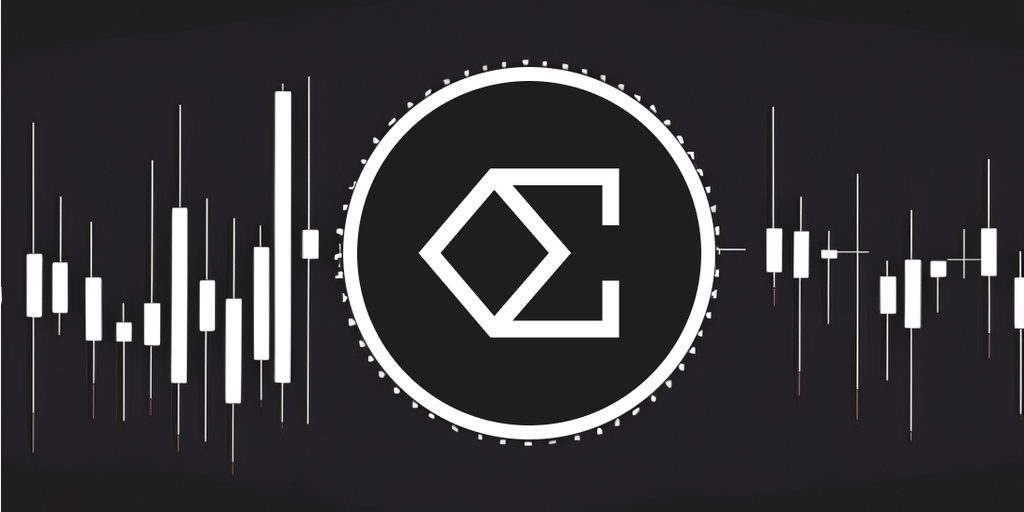

OpenAI CEO Sam Altman will rejoin the company’s board of directors in November 2023 after an internal review of the circumstances surrounding his dismissal is completed, the company announced late Friday. The AI giant also expanded its board of directors with three new members, amid strengthening its corporate governance and policies.
Altman was suddenly removed from his position, sparking a week of drama at the tech company that nearly forced him to join OpenAI investor Microsoft before returning as CEO. With a new initial board that doesn’t include him.
“We unanimously concluded that Sam and (co-founder) Greg (Brockman) are the right leaders for OpenAI,” board chairman Bret Taylor said in the announcement.
The internal review was conducted by law firm WilmerHale and included interviews with dozens of individuals and an evaluation of more than 30,000 documents, OpenAI said. It cited a “breakdown in trust” between the previous board and Altman. Although the board acted at its discretion, the report concluded that Altman’s conduct “did not warrant dismissal.”
“The previous board believed at the time that its actions would alleviate internal control problems and did not anticipate that its actions would destabilize the company,” WilmerHale wrote. “The previous board decisions were not motivated by concerns about product safety or security, the pace of development, OpenAI’s finances, or any statements made to investors, customers or business partners.”
It was rumored that Altman was removed because the company’s AI research had made potentially dangerous discoveries.
Meanwhile, OpenAI is supported by Sue Desmond-Hellmann, former CEO of the Bill and Melinda Gates Foundation; Nicole Seligman, former EVP and Global General Counsel of Sony; and Fidji Simo, CEO and Chairman of Instacart. They join current board members Adam D’Angelo, Larry Summers, Bret Taylor and Altman.
The Board also made changes to OpenAI’s governance structure, including new corporate governance guidelines, an enhanced conflict of interest policy, a whistleblower hotline for employees and contractors, and additional board committees focused on mission and strategy.
Altman’s reinstatement to the board comes just days after Elon Musk, who helped found OpenAI, filed a lawsuit against the company and its executives. He accused OpenAI of breaching its contract and abandoning its original mission to develop AI for the “good of humanity,” not OpenAI. profit.
In response to Musk’s lawsuit, the company released a series of internal emails suggesting that Musk was also focused on profits.
“You can’t compete seriously, but if you continue to do research openly, you may actually make the situation worse and help ‘for free’ because any advances are very easy to copy and can be readily integrated on a large scale. .” Musk is said to have written:
Altman’s return to the board and membership expansion comes amid growing concerns about the rapid advancements and potential risks of artificial intelligence. As one of the leading AI research organizations, OpenAI has come under increased scrutiny for its governance, transparency, and alignment with its stated mission.
“We recognize the magnitude of our role in stewarding innovative technologies for global benefit,” Taylor said.



